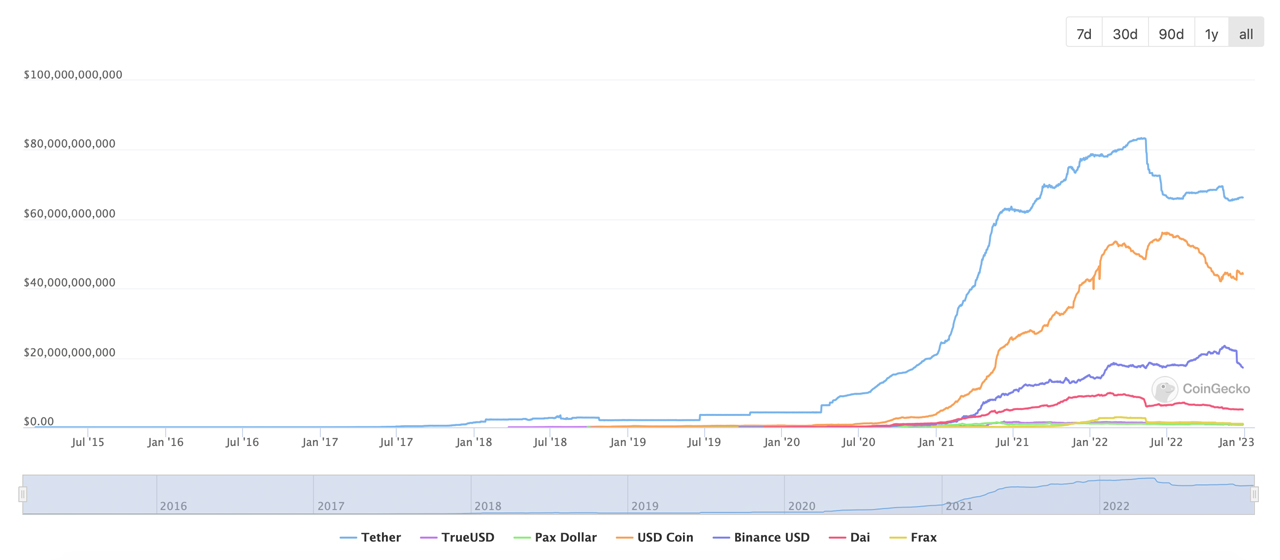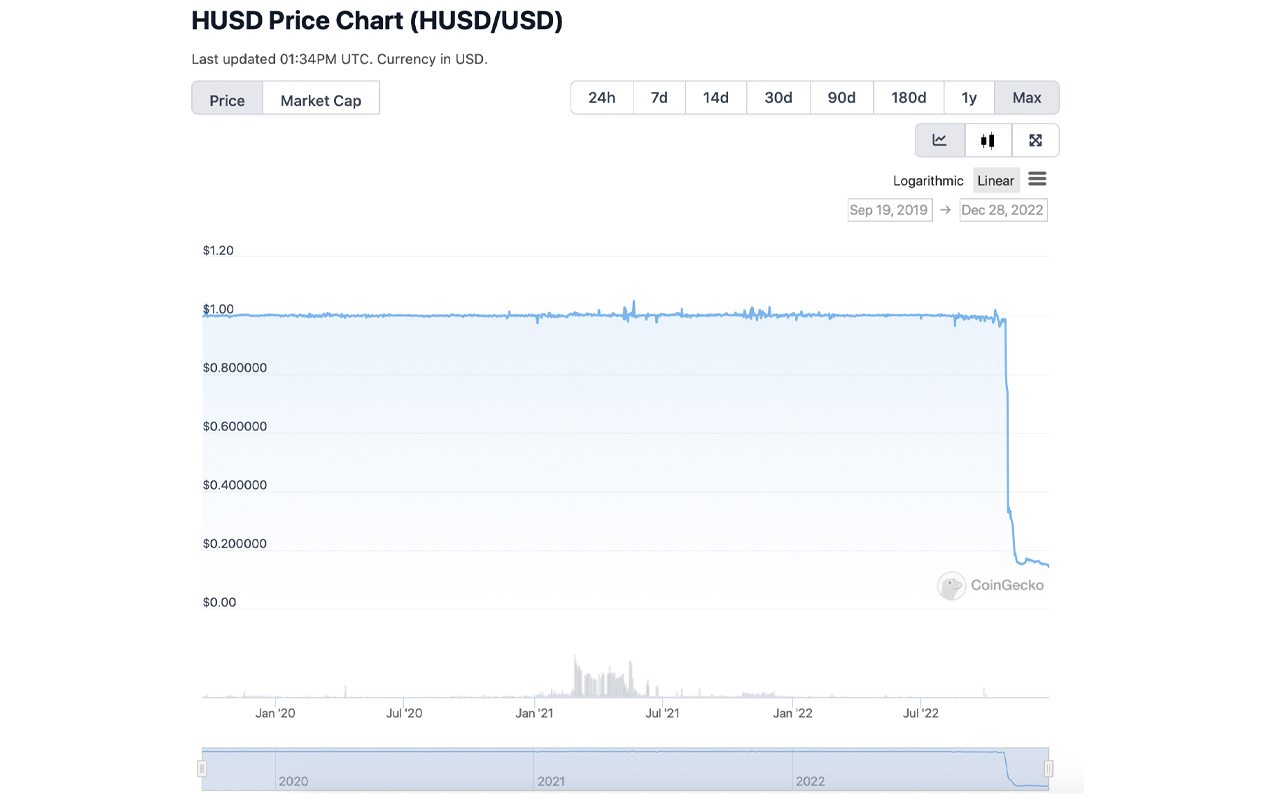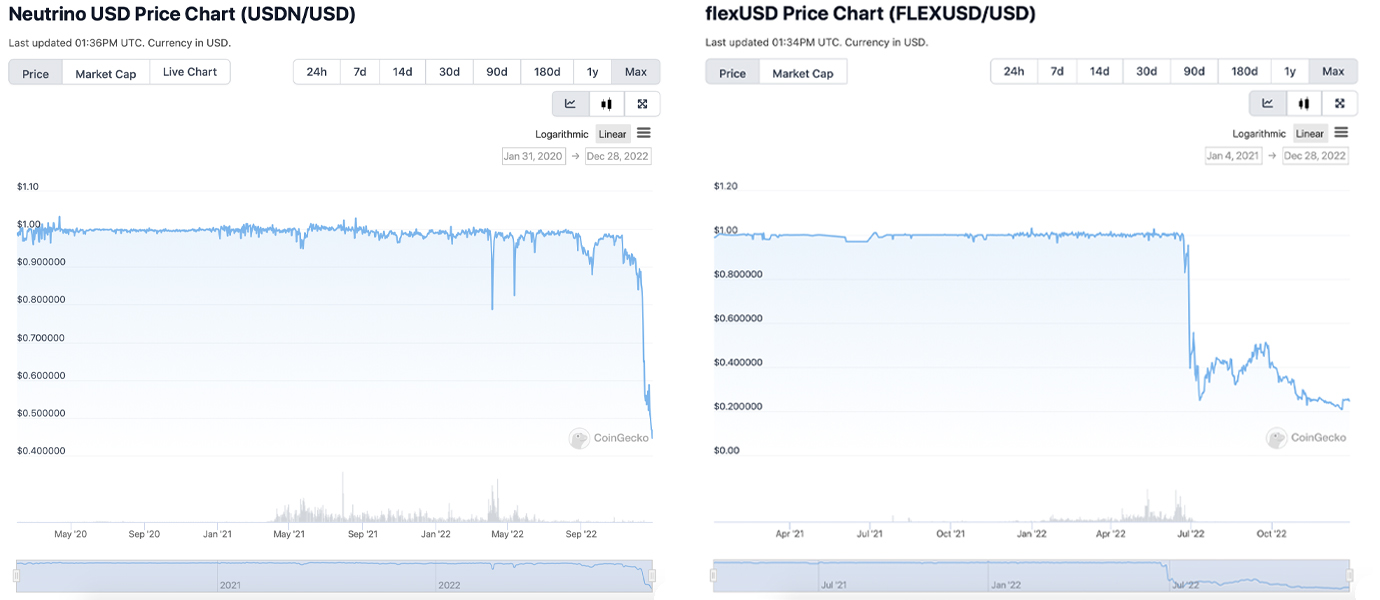A group of customers are now suing FTX in an attempt to become the first to recover funds from the insolvent cryptocurrency exchange. The lawsuit, filed as part of the bankruptcy case in Delaware, seeks a court ruling recognizing that their holdings with the trading platform belong to them rather than the failed company.
Four FTX customers have filed a lawsuit on Tuesday against the crypto exchange and its former executives, including founder and ex-CEO Sam Bankman-Fried (SBF). They want the court to declare that the digital assets held with the platform belong to its customers rather than FTX or its other creditors.
The group also asks their suit to be accepted as a class action as part of the case in Delaware, according to reports published by Reuters and Bloomberg. The Bahamas-based FTX filed for Chapter 11 bankruptcy protection in the state on Nov. 11 as traders and investors rushed to withdraw their money.
Amid a number of legal efforts to lay claim to the assets of FTX, its new management pledged that customers will be repaid first. The latest complaint insists that “customer class members should not have to stand in line along with secured or general unsecured creditors in these bankruptcy proceedings just to share in the diminished estate assets of the FTX Group and Alameda.”
Following his resignation as chief executive and after his extradition from the Bahamas, Bankman-Fried is facing charges in the U.S. related to a “fraud of epic proportions,” as a federal prosecutor put it. Among them, an allegation that customer deposits, in both fiat and crypto, were used to support his crypto trading platform Alameda Research.
Besides Bankman-Fried, the customers are also suing Caroline Ellison, his ex-girlfriend and former CEO of Alameda. They say both should be held liable for breaching fiduciary duties to them and wrongfully converting their holdings. Ellison pleaded guilty to fraud charges. In her testimony, she admitted that Alameda had access to a special borrowing facility which was FTX customer funds.
The proposed class action lawsuit asks the court to determine that “cash and assets traceable to customers, which never belonged to FTX or Alameda and do not belong” to other bankruptcy creditors “should be earmarked solely for customers.” It aims to represent over a million FTX customers in the United States and around the world.
And if the court decides that the holdings are property of FTX, then the customers seek a ruling from the judge granting them the priority right to repayment over other creditors of the exchange, which was the second largest in the crypto industry before it collapsed last month.
In a separate report quoting a source familiar with the case, Bloomberg revealed that the U.S. Justice Department has launched an investigation into an alleged cyberattack on FTX that led to the loss of over $370 million, mere hours after the bankruptcy court filing in November. It’s still unclear if that was an inside job or a hacking incident.
Do you think FTX customers will be granted priority right to repayment over other creditors? Share your expectations in the comments section below.
Lubomir Tassev is a journalist from tech-savvy Eastern Europe who likes Hitchens’s quote: “Being a writer is what I am, rather than what I do.” Besides crypto, blockchain and fintech, international politics and economics are two other sources of inspiration.
Image Credits: Shutterstock, Pixabay, Wiki Commons
Disclaimer: This article is for informational purposes only. It is not a direct offer or solicitation of an offer to buy or sell, or a recommendation or endorsement of any products, services, or companies. Bitcoin.com does not provide investment, tax, legal, or accounting advice. Neither the company nor the author is responsible, directly or indirectly, for any damage or loss caused or alleged to be caused by or in connection with the use of or reliance on any content, goods or services mentioned in this article.
Central Bank of Brazil Confirms It Will Run a Pilot Test for Its CBDC This Year
The Central Bank of Brazil has confirmed that the institution will run a pilot test regarding the implementation of its proposed central bank digital currency (CBDC), the digital real. Roberto Campos Neto, president of the bank, also stated that this ... read more.
A group of customers are now suing FTX in an attempt to become the first to recover funds from the insolvent cryptocurrency exchange. The lawsuit, filed as part of the bankruptcy case in Delaware, seeks a court ruling recognizing that their holdings with the trading platform belong to them rather than the failed company.
Four FTX customers have filed a lawsuit on Tuesday against the crypto exchange and its former executives, including founder and ex-CEO Sam Bankman-Fried (SBF). They want the court to declare that the digital assets held with the platform belong to its customers rather than FTX or its other creditors.
The group also asks their suit to be accepted as a class action as part of the case in Delaware, according to reports published by Reuters and Bloomberg. The Bahamas-based FTX filed for Chapter 11 bankruptcy protection in the state on Nov. 11 as traders and investors rushed to withdraw their money.
Amid a number of legal efforts to lay claim to the assets of FTX, its new management pledged that customers will be repaid first. The latest complaint insists that “customer class members should not have to stand in line along with secured or general unsecured creditors in these bankruptcy proceedings just to share in the diminished estate assets of the FTX Group and Alameda.”
Following his resignation as chief executive and after his extradition from the Bahamas, Bankman-Fried is facing charges in the U.S. related to a “fraud of epic proportions,” as a federal prosecutor put it. Among them, an allegation that customer deposits, in both fiat and crypto, were used to support his crypto trading platform Alameda Research.
Besides Bankman-Fried, the customers are also suing Caroline Ellison, his ex-girlfriend and former CEO of Alameda. They say both should be held liable for breaching fiduciary duties to them and wrongfully converting their holdings. Ellison pleaded guilty to fraud charges. In her testimony, she admitted that Alameda had access to a special borrowing facility which was FTX customer funds.
The proposed class action lawsuit asks the court to determine that “cash and assets traceable to customers, which never belonged to FTX or Alameda and do not belong” to other bankruptcy creditors “should be earmarked solely for customers.” It aims to represent over a million FTX customers in the United States and around the world.
And if the court decides that the holdings are property of FTX, then the customers seek a ruling from the judge granting them the priority right to repayment over other creditors of the exchange, which was the second largest in the crypto industry before it collapsed last month.
In a separate report quoting a source familiar with the case, Bloomberg revealed that the U.S. Justice Department has launched an investigation into an alleged cyberattack on FTX that led to the loss of over $370 million, mere hours after the bankruptcy court filing in November. It’s still unclear if that was an inside job or a hacking incident.
Do you think FTX customers will be granted priority right to repayment over other creditors? Share your expectations in the comments section below.
Lubomir Tassev is a journalist from tech-savvy Eastern Europe who likes Hitchens’s quote: “Being a writer is what I am, rather than what I do.” Besides crypto, blockchain and fintech, international politics and economics are two other sources of inspiration.
Image Credits: Shutterstock, Pixabay, Wiki Commons
Disclaimer: This article is for informational purposes only. It is not a direct offer or solicitation of an offer to buy or sell, or a recommendation or endorsement of any products, services, or companies. Bitcoin.com does not provide investment, tax, legal, or accounting advice. Neither the company nor the author is responsible, directly or indirectly, for any damage or loss caused or alleged to be caused by or in connection with the use of or reliance on any content, goods or services mentioned in this article.
Central Bank of Brazil Confirms It Will Run a Pilot Test for Its CBDC This Year
The Central Bank of Brazil has confirmed that the institution will run a pilot test regarding the implementation of its proposed central bank digital currency (CBDC), the digital real. Roberto Campos Neto, president of the bank, also stated that this ... read more.
2022 has been an interesting year for stablecoin assets as the market capitalization of the entire stablecoin economy lost just over $28 billion in value. Moreover, more than $3 billion has been erased from the stablecoin economy during the last 23 days as BUSD shed roughly 23.3% during the last month.
The market valuation of stablecoins has continued to slide and since Jan. 2022, $28.08 billion in U.S. dollar value has left the stablecoin economy. Archived data indicates that the stablecoin economy was valued at $167.08 billion on Jan. 5, 2022, and today it’s valued at $139.06 billion or 16.77% lower than the first week of the year.

The stablecoin economy has not been this low in U.S. dollar value since Oct. 23, 2021, or around 14 months ago. In Jan. 2022, tether (USDT) had a market capitalization of around $77.14 billion, and today it’s down to $66.25 billion.

Usd coin’s (USDC) valuation 14 months ago was $42.74 billion and this week USDC’s market cap is roughly $44.28 billion. BUSD’s market cap was $14.28 billion on Jan. 5, 2022, and terrausd’s (UST) market valuation was roughly $10.19 billion.
On Dec. 28, 2022, BUSD’s market cap is higher at $17.16 billion, but UST’s valuation was obliterated down to the current $215 million. UST was one of many stablecoins that depegged from the U.S. dollar this year.
This month alone the stablecoin economy shed $3.08 billion in value as it slid from $142.07 billion to the current $138.99 billion. On Dec. 5, 2022, BUSD had a market cap of around $22.08 billion which is more than 22% higher than the current $17.16 billion.
356 days ago on Jan. 5, Makerdao’s DAI stablecoin had a market valuation of around $9.07 billion, which is 43.55% higher than DAI’s current $5.12 billion value. Below the stablecoin DAI are the dollar-pegged tokens frax, pax dollar, true usd, usdd, and gemini dollar.
Stablecoins that have been bumped down a number of positions include dollar-pegged coins like magic internet money, liquity usd, fei usd, and neutrino usd. The once-stable coin neutrino usd (USDN) is currently trading for $0.448 per unit after depegging from the $1 parity on Nov. 7, 2022.

Another former stablecoin that also lost its peg is HUSD, which depegged from the $1 parity on Oct. 27, 2022. A single HUSD token is currently exchanging hands for $0.14 per unit on Dec. 28.

Furthermore, the once-stable coin flex usd (FLEXUSD) also lost its dollar peg this year. FLEXUSD is now trading for $0.25 per unit as it depegged from the $1 parity on June 20, 2022.
On Dec. 5, 2022, stablecoins represented $60.74 billion of the $107.29 billion in 24-hour trade volume recorded that day, which equates to 56.61% of all trades. 23 days later, the global trade volume is much lower at $37 billion, while stablecoins represent $29.92 billion or roughly 80.86% of the trades recorded on Dec. 28, 2022.
What do you think about stablecoins this year losing $28 billion in value and the handful of dollar-pegged tokens that depegged from their $1 parity this year? Let us know what you think about this subject in the comments section below.
Jamie Redman is the News Lead at Bitcoin.com News and a financial tech journalist living in Florida. Redman has been an active member of the cryptocurrency community since 2011. He has a passion for Bitcoin, open-source code, and decentralized applications. Since September 2015, Redman has written more than 6,000 articles for Bitcoin.com News about the disruptive protocols emerging today.
Image Credits: Shutterstock, Pixabay, Wiki Commons
Disclaimer: This article is for informational purposes only. It is not a direct offer or solicitation of an offer to buy or sell, or a recommendation or endorsement of any products, services, or companies. Bitcoin.com does not provide investment, tax, legal, or accounting advice. Neither the company nor the author is responsible, directly or indirectly, for any damage or loss caused or alleged to be caused by or in connection with the use of or reliance on any content, goods or services mentioned in this article.
Ripple CEO: SEC Lawsuit Over XRP 'Has Gone Exceedingly Well'
The CEO of Ripple Labs says that the lawsuit brought by the U.S. Securities and Exchange Commission (SEC) against him and his company over XRP "has gone exceedingly well." He stressed: "This case is important, not just for Ripple, it’s ... read more.
Source From : News